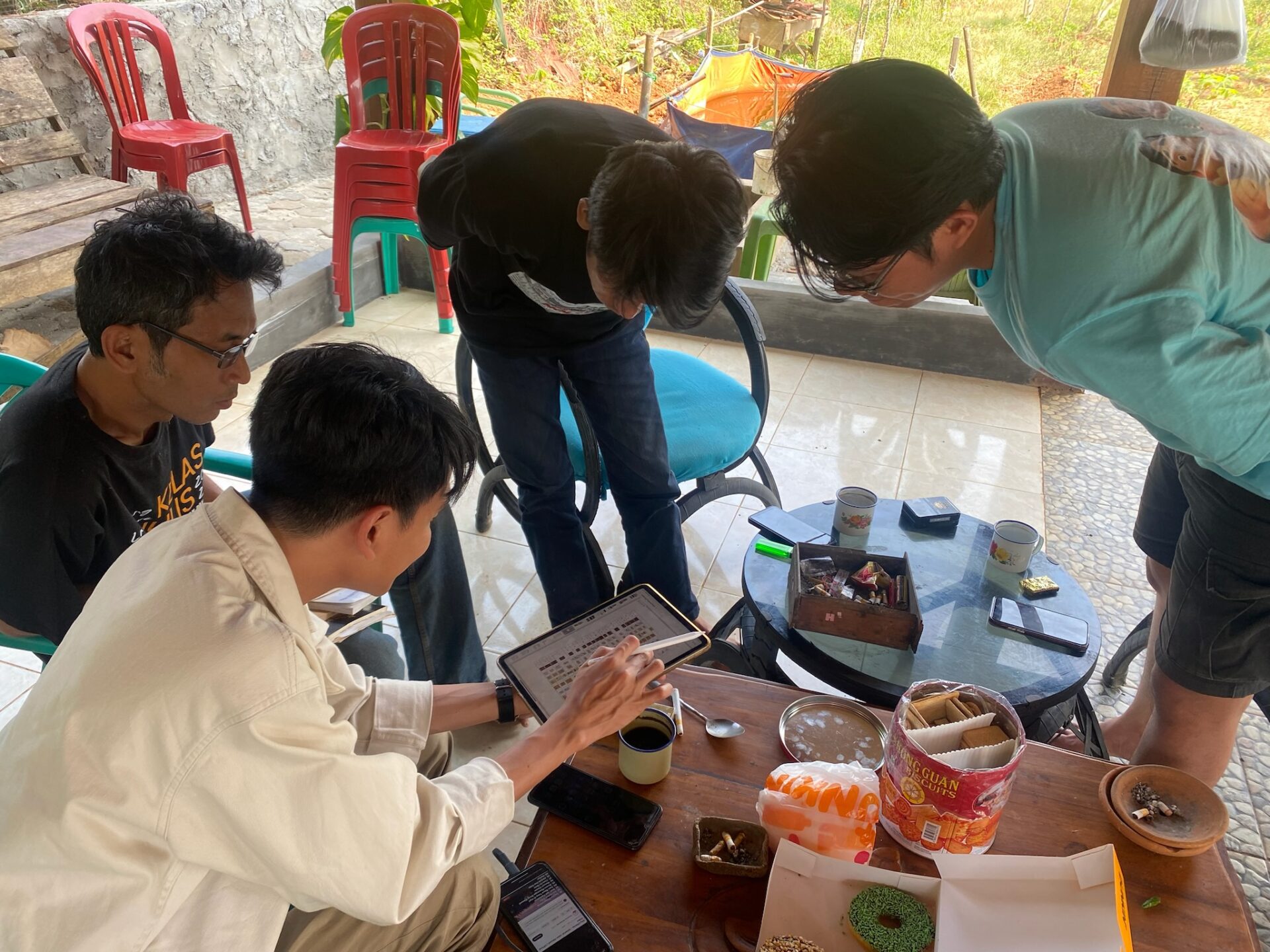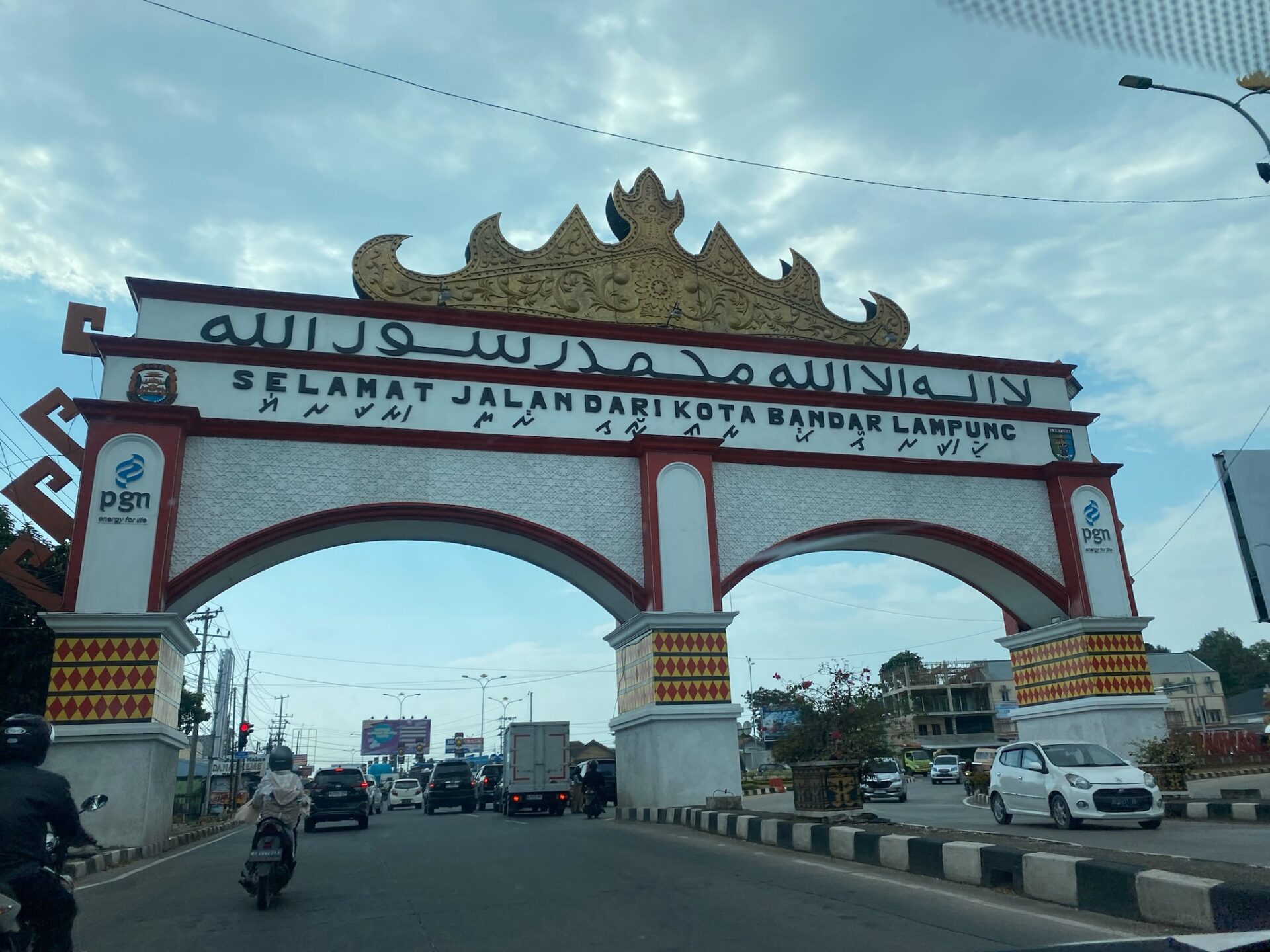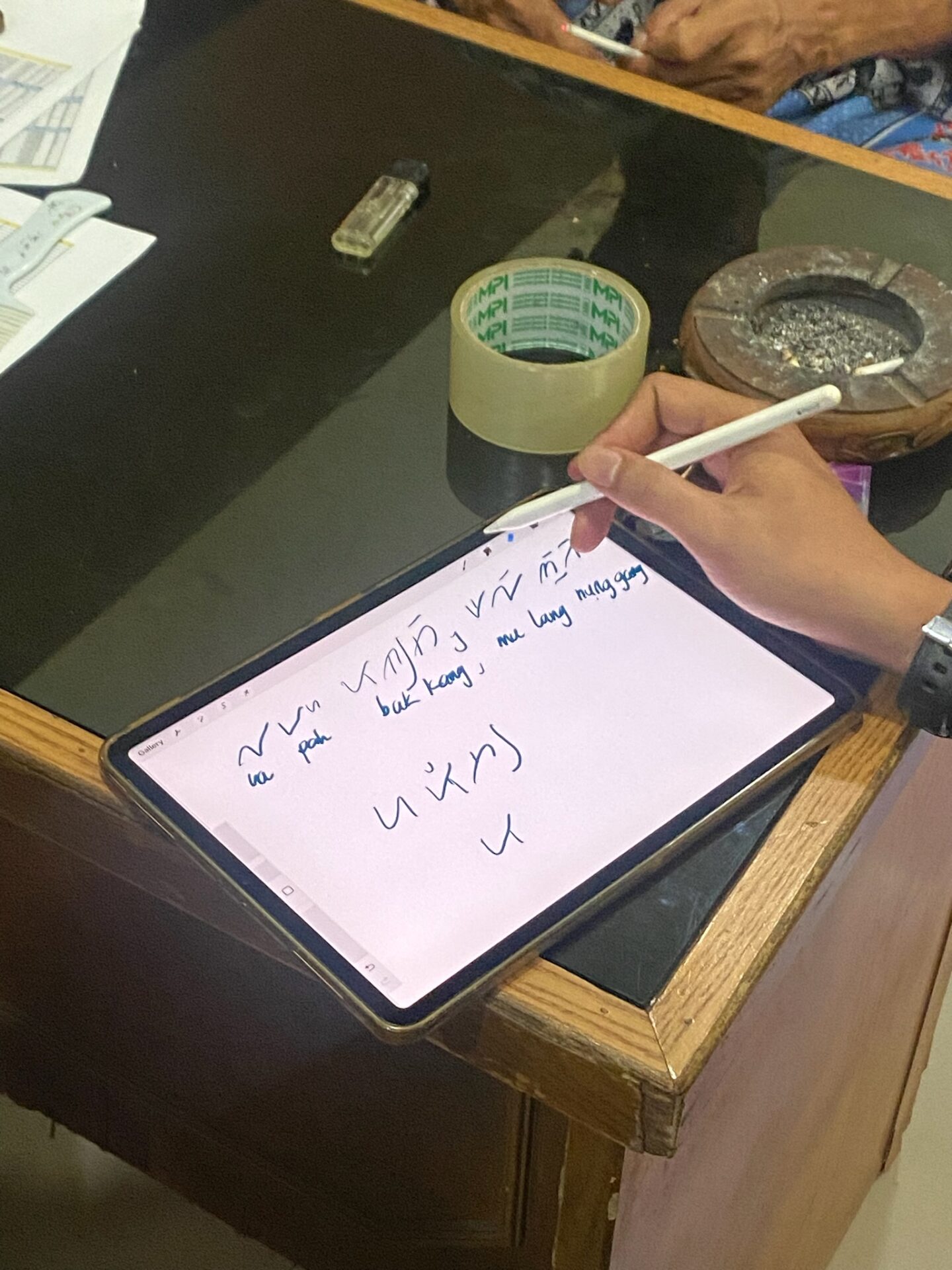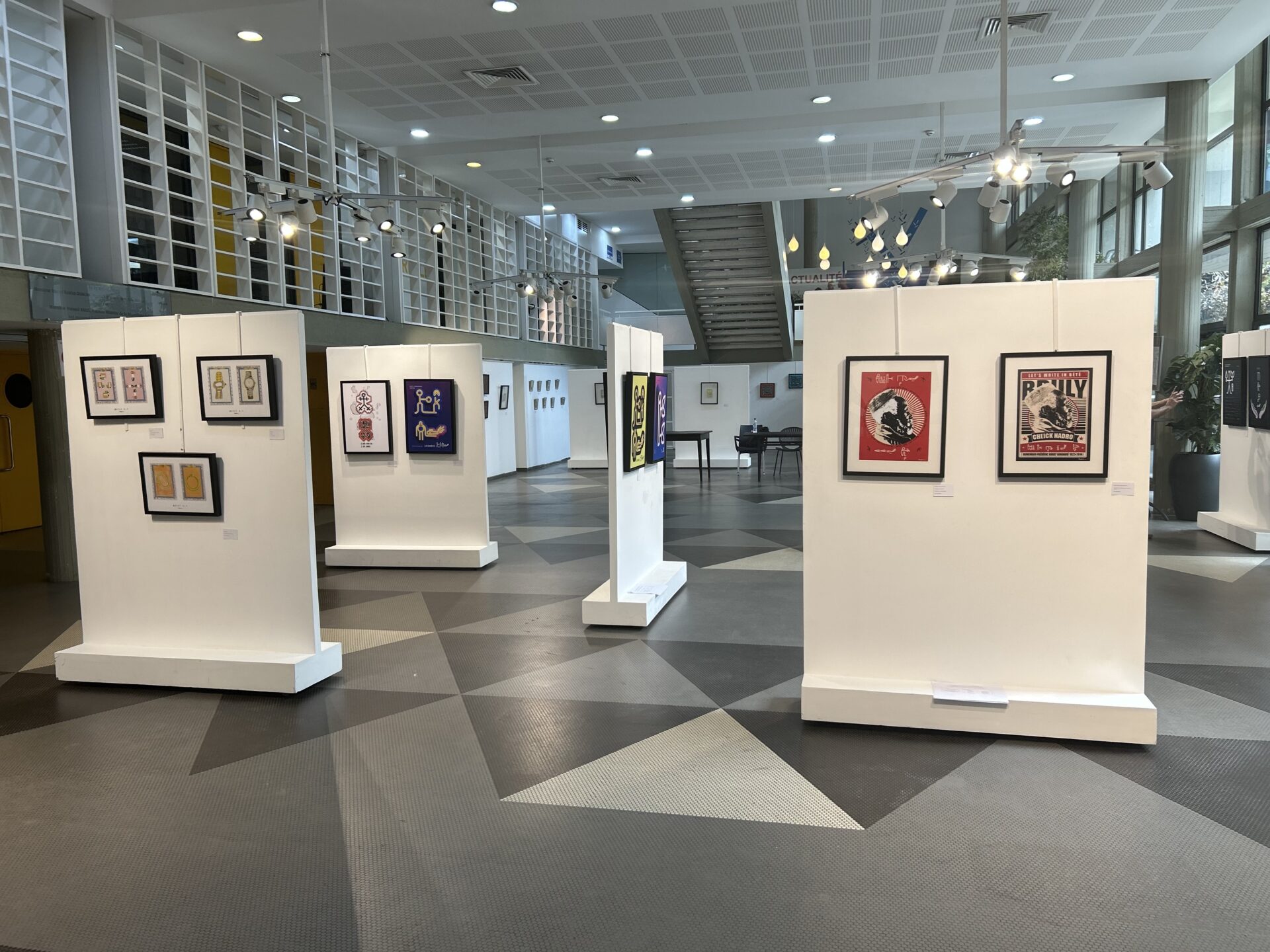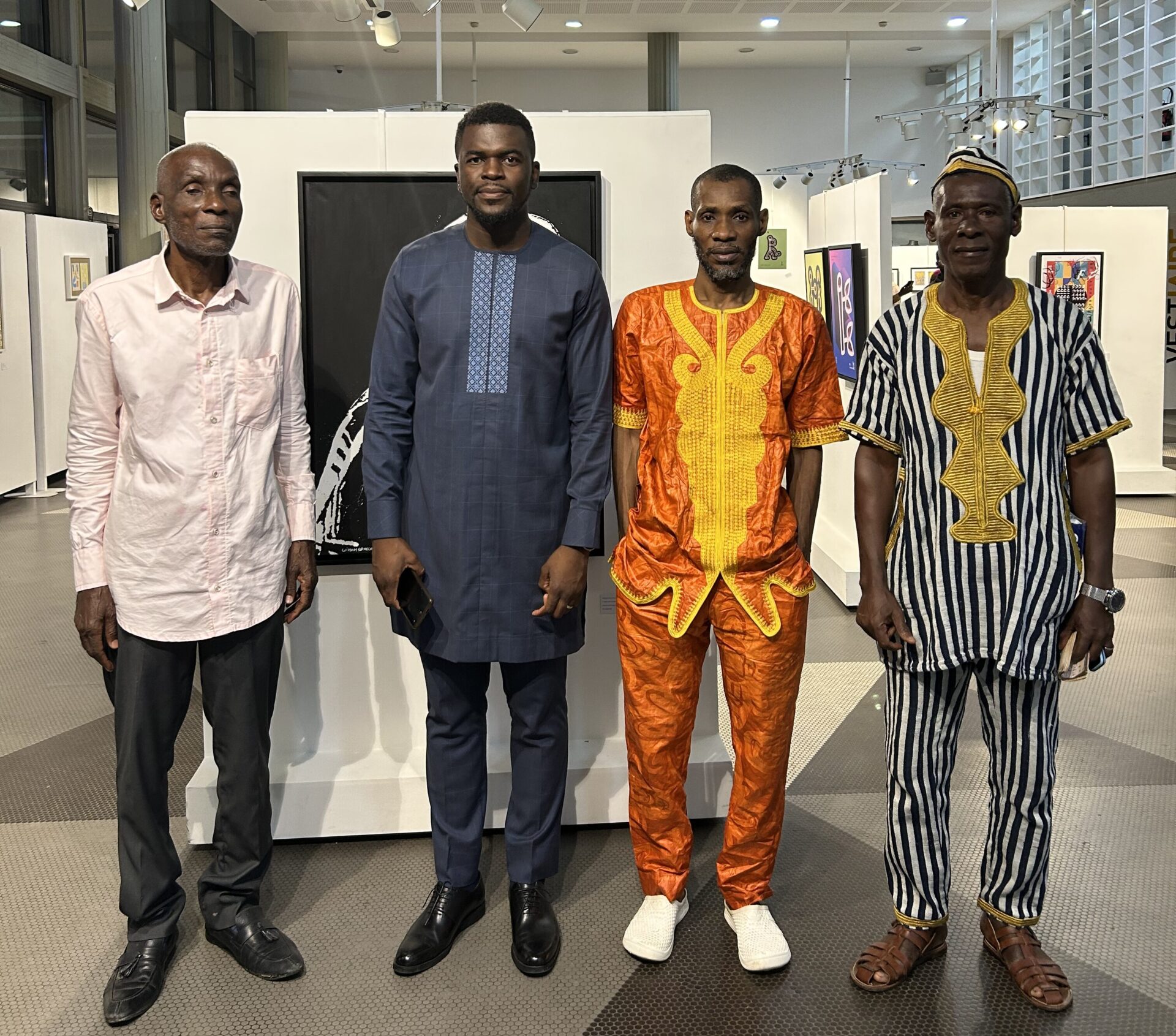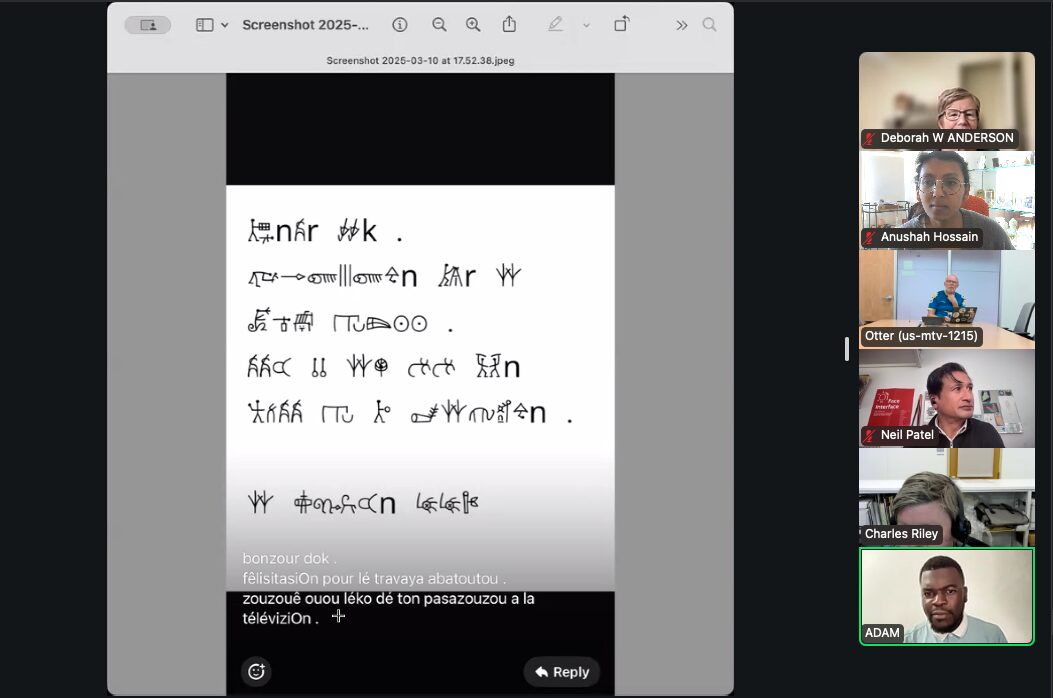Opening the Field: A New Fellowship for Script Research
The process of planning and funding technical work on script encoding typically unfolds over a multi-year horizon. While this long-term approach allows us to allocate resources effectively across our projects, it can also constrain the types of inquiries we are able to pursue. In particular, it limits our ability to support exploratory, time-sensitive, or higher-risk projects—those that may not guarantee immediate success but have the potential to broaden our collective understanding of the world’s writing systems in digital environments.
To address this gap, we are pleased to announce the launch of the SEI Research Fellows program, a new fieldwork-oriented fellowship designed to support early-stage research on unencoded scripts. This initiative aims to provide modest but flexible funding for students, researchers, community representatives, and others to conduct investigations that could inform future proposals to the Unicode Standard or contribute to broader knowledge around script use.
Fellows will receive funding to support research travel and related expenses, along with mentorship, administrative guidance, and access to SEI’s international network of experts. Fellows also benefit from SEI’s platforms for disseminating research findings to both scholarly and technical audiences.
We anticipate supporting two projects per year, each receiving a baseline grant of $3,000 (with possible flexibility depending on scope and need). Fellows will have up to one year to complete their work, and will be expected to produce two key outputs: a research report and a blog post. Additional deliverables may be developed in consultation with SEI.
The scope of supported work is intentionally broad. Applicants may propose travel to conduct interviews, collect visual documentation, or observe script use in community settings. Others might prioritize visits to archives to locate historic attestations or consult with experts on script development. While we remain especially interested in projects that may ultimately contribute to a Unicode proposal, we also welcome initiatives that explore adjacent questions—for example, assessing the adoption of Unicode-compliant fonts, assembling digital archives, facilitating gatherings of stakeholders, or clarifying the relationships among scripts in a shared lineage.
Trial Runs
This fellowship builds on a small set of pilot projects we conducted last year, which allowed us to test the structure and scale of the program. We look forward to sharing more in the coming weeks through reflections by our 2024 pilot fellows, Adam Yeo and Ariq Syauqi.
For now, here are brief overviews of the pilot projects:
Ariq Syauqi conducted fieldwork on southern Sumatran scripts, focusing particularly on Lampung, a historic script undergoing reform and revitalization. Two versions of the orthography are currently in use, and both have previously been proposed for Unicode inclusion. Ariq’s research helped document which versions were actively being taught and used, and which aspects of the script appeared stable versus still under debate. His findings are directly informing a revised Unicode proposal for Lampung, speeding up the process of encoding.
Adam Yeo undertook a digital inclusion project for Bété, a script invented by the artist and writer Frédéric Bruly Bouabré in 1956 to serve the people of Côte d’Ivoire. While earlier research had concluded that Bété had few active users, Adam’s project posed a new question: could access to digital tools make the difference in helping a neography gain traction? In collaboration with partners from Google, Translation Commons, and JamraPatel, the team assembled a usable ecosystem for the script, including a keyboard, font, and messaging app, largely by adapting existing tools. Adam has been field-testing these resources and developing instructional materials to gauge local interest and adoption.
Both projects were successful in large part due to the fellows’ established relationships and familiarity with their research contexts, as well as SEI’s prior work in these regions. The Lampung project has since expanded to include research on other Indonesian scripts, while the Bété project is helping lay the foundation for a broader toolkit for digitizing neographies in the absence of Unicode encoding.
We learned a great deal from these pilots, and are eager to support the next cohort of fellows.
Prospective applicants are encouraged to review the application details below and consult SEI’s Scripts to Encode page for a list of candidate scripts. Those marked as low- to medium-priority may be especially well-suited to this opportunity, though proposals concerning any script will be considered. We also welcome inquiries in advance of submission to help assess project fit and feasibility.
Application Details
Key Dates:
- Call opens: May 16, 2025
- Applications due: June 13, 2025
- Awards announced: early July
Eligibility:
Applicants from anywhere in the world are eligible. Institutional/academic affiliation is not necessary.
Selection Process:
Research fellows will be selected based on the likelihood of success for their project. This will be judged by the responses provided to the questions in the Project Proposal, the relative urgency of investigating their selected script(s) for digitization, and SEI’s ability to support research on that script/region at the present time.
Requested Materials:
- Project Proposal (2000 word limit) that addresses the following questions:
- What script communit(ies) do you plan to research?
- Why are you well-positioned to conduct this research?
- What data are you collecting?
- What are the outcomes/goals of your work during the funding period?
- What level of access do you presently have to the archives/community?
- What risks do you anticipate?
- What additional resources (connections, mentorship, access to secondary sources, etc) would you benefit from?
- Estimated project timeline
- Estimated budget
- Please provide a breakdown of what 3000 USD would minimally allow you to accomplish
- If requesting additional funds, please specify how they would be used
- Contact information for 2-4 references (e.g. advisors, colleagues, institutional or community partners)
- CV/Resume
